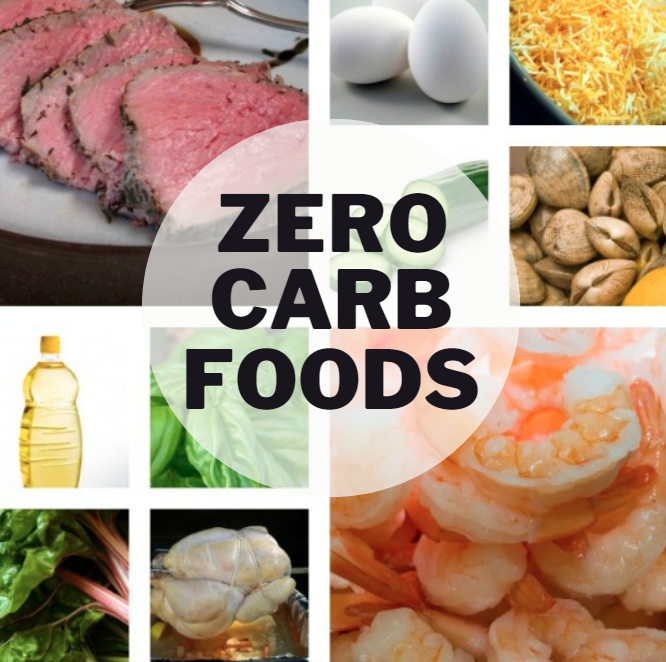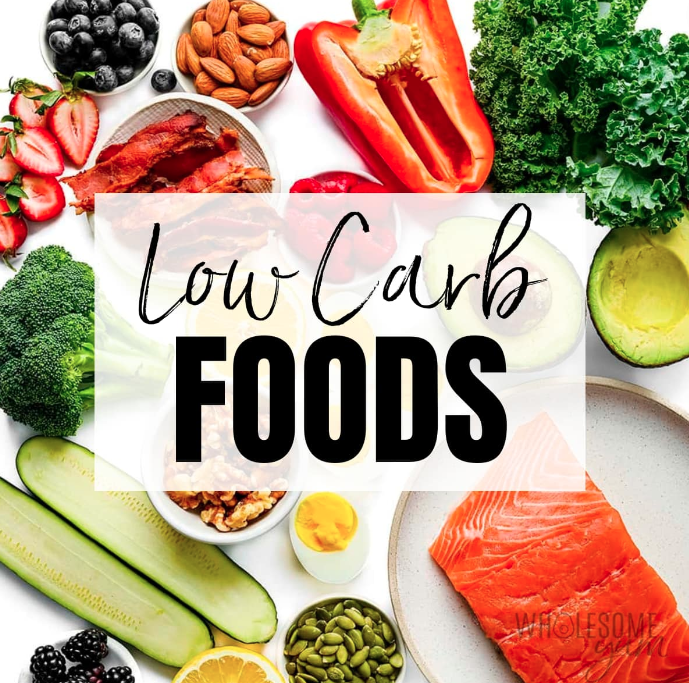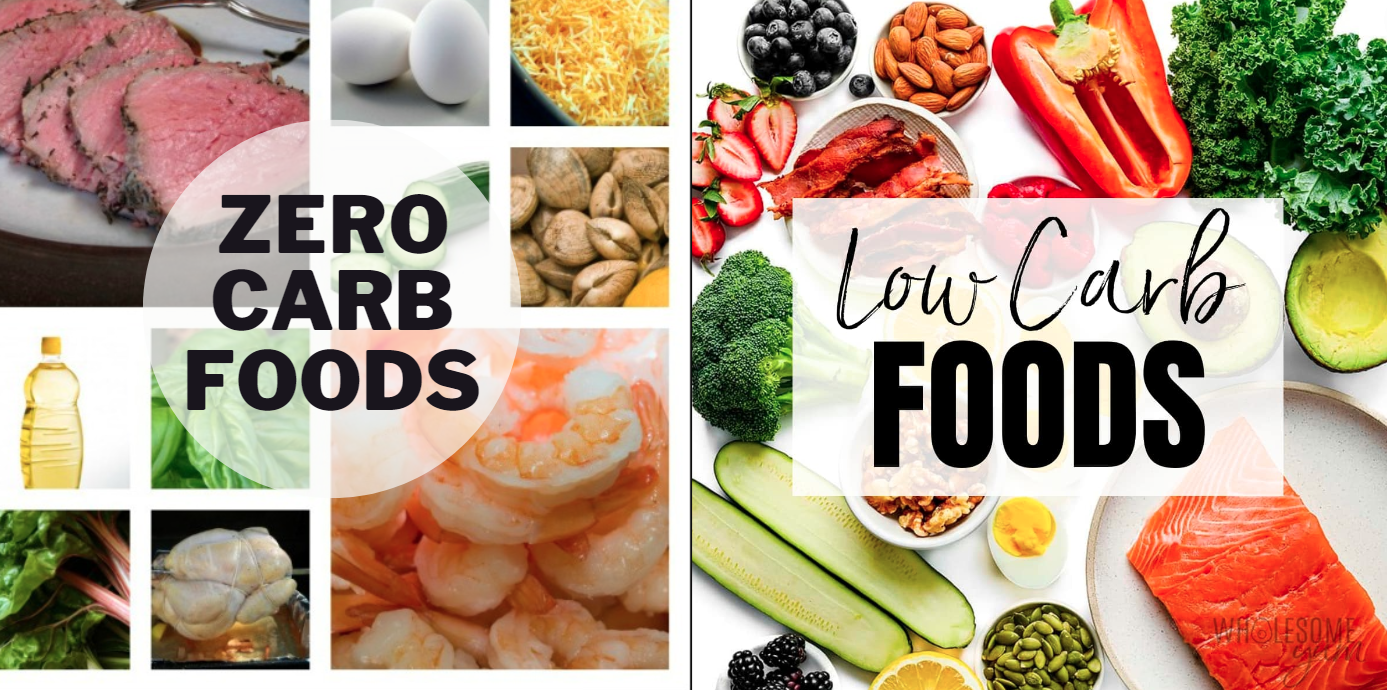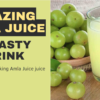Are you looking for yummy foods that won’t make you feel guilty? Well, we’ve got the scoop on 11 zero carb foods that are not just tasty but also good for you. Whether you’re a pro at low-carb eating or just starting, these foods are your ticket to a happy and healthy lifestyle.
Contents
zero carb foods Understanding the way
- Before we delve into the list of 11 zero-carb foods, let’s clarify what “zero carb” really means. Zero carb foods are those that contain negligible amounts of carbohydrates. While it might be impossible to find foods with absolute zero carbs, the term is commonly used for foods so low in carbs that the impact on your blood sugar is minimal.

11 Healthy Zero Carb Foods List
- Meat
- Meat is a star player in the zero carb game. Whether it’s beef, pork, lamb, or chicken, these meats are not just yummy but also low on carbs. So, go ahead and savor those juicy steaks and tender chicken without stressing about carbs.
- Fish and Seafood
- Fish and seafood are like the superheroes of low-carb eating. Salmon, tuna, shrimp – they’re not just delicious but also carb-free. So, get ready for a seafood feast that won’t mess with your carb goals.
- Eggs
- Eggs are like little powerhouses of goodness and guess what? They’re zero carb too! Whether you like them scrambled, boiled, or in an omelet, eggs are your buddies on this low-carb journey.
- Dairy Products
- Cheese, butter, and heavy cream – they’re not just tasty but also low in carbs. Just make sure to pick the full-fat options for that extra creamy goodness.
- Green Veggies
- When it comes to veggies, think green! Spinach, kale, lettuce – these leafy greens are your best friends. Load up your plate guilt-free and enjoy the freshness.
- Olive Oil
- For cooking and dressing, olive oil is your go-to. It’s a healthy fat that adds a nice flavor to your meals. Drizzle it over salads or use it in cooking – olive oil is a zero carb hero.
- Nuts and Seeds
- Snack time just got better with zero carb nuts and seeds. Almonds, walnuts, chia seeds, and flaxseeds – they’re not just tasty but also packed with good stuff. Just watch your portions, and you’re good to go.
- Drink Up – Carb-Free
- Stay refreshed with zero carb drinks like water, herbal tea, and black coffee. They’ll quench your thirst without adding any unwanted carbs to your count.
- Avocado
- Avocados are not just Instagram-worthy; they’re also fantastic for your zero carb menu. Packed with healthy fats, avocados bring a creamy texture to your dishes without adding those pesky carbs
- Creamy Coconut
- Coconut is a tropical delight that fits perfectly into your zero carb menu. Whether it’s coconut oil, coconut milk, or shredded coconut, these goodies add a hint of sweetness and a dose of healthy fats to your dishes without the carb overload.
- Green Tea
- If you’re a tea lover, green tea is your go-to zero carb beverage. Packed with antioxidants, green tea not only supports your health but also provides a refreshing option for sipping throughout the day.
Also Read: The amazing amla juice a tasty drink thats super good for-you

frequently asked questions

- Are all carbs bad?
- Not really. Some carbs are good for you, but we’re focusing on the ones that are super low in carbs and won’t mess with your health goals.
- Can I eat fruits?
- Fruits have natural sugars, which means they come with carbs. While some berries are lower in carbs, it’s good to eat them in moderation.
- What about fiber?
- Even though most fiber comes from carb-rich foods, you can still get enough from veggies, nuts, and seeds.
- What foods have 0 carbs?
- Meat Marvels:
- Beef, pork, lamb, and chicken are protein-packed options with virtually zero carbs, making them ideal for those following a low-carb diet. Enjoy your favorite cuts without worrying about carb content.
- Fish and Seafood Wonders:
- Salmon, tuna, shrimp, and cod are not just delicious but also carb-free, providing essential nutrients like omega-3 fatty acids. Dive into a seafood feast that aligns perfectly with your low-carb goals.
- Egg Extravaganza:
- Eggs in all their forms are zero carb wonders, offering a versatile and satisfying option for breakfast, lunch, or dinner. Scramble, boil, or whip up an omelet without adding any carbs to your plate.
- Meat Marvels:
- What snack food has no carbs?
- Nuts and Seeds:
- Almonds, walnuts, chia seeds, and flaxseeds make for satisfying, low-carb snacks. Packed with healthy fats and protein, they’re a crunchy and nutritious option for curbing hunger.
- Cheese:
- Enjoy the goodness of cheese as a low-carb snack. Whether it’s cheddar, mozzarella, or cream cheese, these options are not only tasty but also rich in fats, making them a satisfying choice.
- Hard-Boiled Eggs:
- Hard-boiled eggs are a zero-carb snack that provides a protein boost and keeps you feeling full. Convenient and portable, they make for a quick and healthy option when you need a snack on the go.
- Nuts and Seeds:
- Is rice high in carbs?
- Yes, rice is relatively high in carbohydrates. It’s a staple food in many cultures and comes in various types, with white rice and brown rice being the most common.
- White Rice:
- White rice is processed and refined, resulting in a higher carbohydrate content. It is quickly digested, leading to a rapid increase in blood sugar levels. While it’s a good source of energy, it lacks the fiber and nutrients found in brown rice.
- Brown Rice:
- Brown rice is considered a healthier option compared to white rice. It contains more fiber, vitamins, and minerals due to its minimal processing. While it still has a significant amount of carbohydrates, the fiber content can help slow down the absorption of sugars.
- White Rice:
- Yes, rice is relatively high in carbohydrates. It’s a staple food in many cultures and comes in various types, with white rice and brown rice being the most common.
- How many carbs per day?
- The recommended daily carb intake varies, but general guidelines suggest 45-65% of total daily calories, translating to about 225-325 grams on a 2,000-calorie diet. However, specific dietary goals, activity levels, and health conditions may necessitate adjustments. Consulting with a healthcare professional or dietitian can help determine an individualized and optimal carbohydrate intake for your needs and goals.








